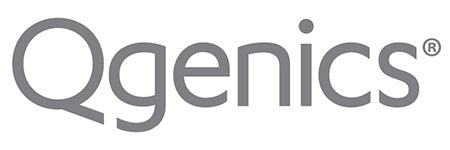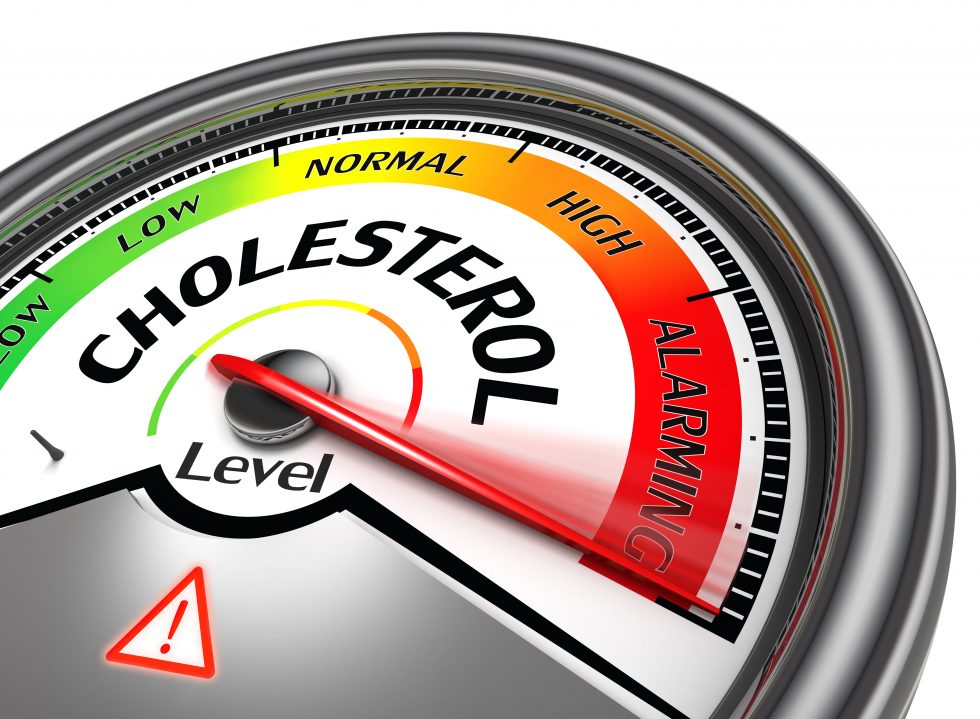Many people are afraid of eating foods they think will raise their cholesterol. The fact is that most of the cholesterol in our blood is not there because of what we’ve eaten.
When we consume foods containing cholesterol, we only absorb 2 to 4 mg of cholesterol per kilogram of body weight per day. So, even if we were to eat a dozen eggs each day, we would only absorb 300 mg which is, by the way, the recommended daily amount.
What is Cholesterol?
Cholesterol is a waxy, fat-like substance. When discussing cholesterol, the terms “LDL” and “HDL” are used. LDL stands for Low-Density Lipoprotein and HDL stands for High-Density Lipoprotein.
What is a Lipoprotein?
A lipoprotein is any of a group of soluble proteins that combine with and transport fat or other lipids in the blood plasma (fluid).
Low-density lipoprotein (LDL) refers to lipoprotein particles that carry cholesterol throughout the body, delivering it to the different organs and tissues for use by the body’s cells.
High-density lipoproteins (HDL) refer to lipoproteins that carry cholesterol from the body’s tissues to the liver. They act as cholesterol scavengers, picking up extra cholesterol in the blood and taking it back to the liver to be broken down.
Because HDL can remove extra cholesterol from the blood and from deposits of lipid-containing plaques on the innermost layer of the wall of an artery and transport it back to the liver for excretion or re-utilization, they are seen as “good” lipoproteins, or “good” cholesterol. LDL is considered “bad” lipoproteins and often referred to as “bad” cholesterol.
Where does Most Cholesterol Come From?
Our liver makes approximately 75% of the cholesterol that exists in our blood. The more cholesterol we eat, the less the body will make. The less cholesterol we eat, the more the body will make.
How does the Body Use Cholesterol?
Cholesterol is needed by the body. It is essential and used by the body to build cell walls and produce hormones. The body produces its own supply of cholesterol in the liver, and it’s found naturally in all animal products (such as meats, eggs, milk, and cheese).
Cholesterol is used by the body to:
1) Build and maintain cell membranes
2) It is essential for determining which molecules can pass into the cell wall and which cannot (called cell membrane permeability)
3) Used in the production of the sex hormones – estrogen and testosterone.
4) It is essential for the production of hormones released by the adrenal glands – cortisol, corticosterone, aldosterone, etc.
5) It aids in the production of bile which is necessary for digestion of fats.
6) It converts sunshine to Vitamin D in the body.
7) It is important for the metabolism of fat-soluble vitamins, including A, D, E, and K.
8) It insulates the nerves. Cholesterol is used by the body to make the lining of the nerves (called the myelin sheath) which is much like a protective coating around an electrical wire.
9) The brain is made of cholesterol.
What’s the Problem with Cholesterol?
Cholesterol poses a problem only when the body is unable to use or eliminate excessive amounts of cholesterol in the blood. If your body has more cholesterol than it needs, the excess keeps circulating in your blood. This can cause a build-up of cholesterol on the vessel lining. This is called plaque.
High cholesterol is talked about as being a threat to a healthy heart. When excess amounts of cholesterol build up along the walls of the arteries, the heart faces the risk of a complete blockage, leading to a heart attack or stroke.
How Can You Help Lower Cholesterol Naturally?
Diet has an impact on your cholesterol levels. Eating a diet with a lot of whole foods, and minimal processed foods, will help. Don’t eat foods that contain high amounts of sugar and carbohydrates (carbohydrates are really sugar molecules hooked together). Include plenty of vegetables and fruits so you are consuming enough fiber.
Exercise is very important and you can lower cholesterol just by taking a half-hour walk each day.
What Ingredients Can be Used to Lower Cholesterol Naturally?
There is scientific evidence for natural substances to help lower cholesterol:
Vitamin D3 – studies seem to show that individuals with higher levels of vitamin D have lower cholesterol and are generally healthier overall than individuals with low levels of vitamin D.
Chromium Picolinate – improves lipid profile by improving carbohydrate and lipid metabolism
Folic Acid (Vitamin B9) – improves heart health by controlling the cholesterol levels in the heart
Grape Seed Extract – lowers cholesterol levels
Malic acid – may improve high cholesterol
Resveratrol – may help lower LDL “bad” cholesterol because of its antioxidant properties
Rice Bran – reduces total plasma cholesterol and triglycerides while increasing HDL “good” cholesterol levels
Vitamin B12 – reduces cholesterol level
Vitamin E – helps regulate cholesterol.
To fully support true cardiovascular health, you must take action to ensure the following factors:
1. Normal cholesterol levels
2. Normal blood pressure levels
3. Normal blood sugar levels
4. Improved heart health
5. Blood vessel health
6. Reduced inflammation
7. Increased energy for exercise.

